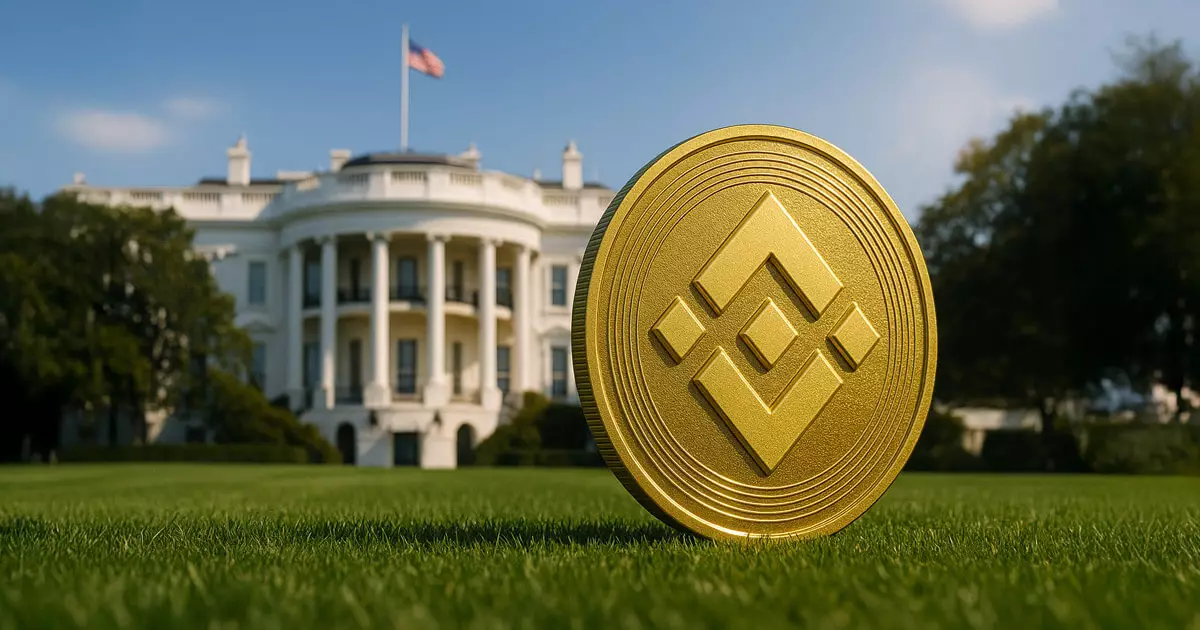The recent call by Democratic senators for investigations into President Donald Trump’s connections to Binance represents a concerning intersection of politics and cryptocurrency that deserves our immediate attention. This scrutiny is not merely about regulatory compliance; it raises pointed questions about the integrity of financial transactions in an increasingly complex digital economy. The senators, including prominent figures like Elizabeth Warren and Chris Van Hollen, are right to delve into the murky waters of Trump-affiliated digital assets as they relate to Binance, a platform already tainted by legal controversies.
Shadows of Financial Misconduct
Binance’s history of violating U.S. money laundering and sanctions laws cannot be overstated. The implications of these violations are staggering, especially coming on the heels of Zhao’s short-lived role as CEO after serving a prison sentence. The landscape here is riddled with ethical gray areas, and the logic behind allowing a company with such a tumultuous legal track record to expand within the U.S. is baffling. The senators are not just fishing for headlines; they appear genuinely alarmed that these financial dealings have the potential to undermine the nation’s regulatory framework.
Political Gambits and Economic Implications
The broader ramifications of these allegations extend far beyond the realm of pushy political maneuvering. Recent revelations — including the $2 billion investment from MGX, facilitated through a controversial stablecoin, USD1 — suggest that financial interests could be converging in ways that prioritize profit over legal accountability. What’s particularly disconcerting is the potential for political facetime at the expense of national security; investments flowing from unclear sources into crypto assets linked with the former President illustrate an increasingly precarious balance. It raises the question: Are we jeopardizing the integrity of our financial systems in favor of clandestine deals?
Inquiries and Oversight
The senators’ request for a rapid update on this grave issue is both prudent and necessary. They are correct in asking for clarity about Binance’s supposed compliance with its plea agreements as well as its rumored plans for exiting the U.S. market. Doubts loom over whether Binance’s actions reflect genuine legal rectitude or a sophisticated game of cat and mouse with regulators. Moreover, the inquiry into whether there has been a discussion of a presidential pardon for Changpeng Zhao underscores the intricate web of influence that exists between politics and big finance today.
While some may view the senators’ actions as mere political theatrics, what is more evident is the alarming potential for a profound breach of trust in our financial institutions. The optics of Trump family representatives discussing stakes in Binance.US against the backdrop of these ongoing investigations creates a narrative far too alarming to dismiss. It reaffirms the need for stringent regulatory oversight and a vigilant approach to the intersections of politics and finance. The future of cryptocurrency regulations hangs in the balance, and this chapter may only be the beginning of a larger saga that will unfold with public interest and scrutiny.















